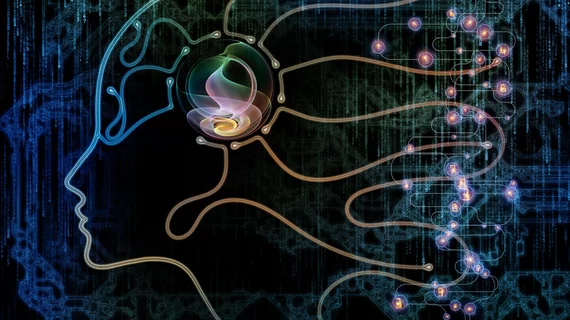AI’s effect on healthcare could be transformative—but it will need some help
As AI technologies continue to evolve, they could have a titanic impact on the health of people all over the world, improving patient outcomes and changing the way each and every person lives their life. It’s going to take more than just AI alone, however—there are a number of other factors to consider as well.
Geralyn Miller, Microsoft’s director of artificial intelligence and research, has written an in-depth commentary on this very topic for Time.
“To support the technical transformation, we must have a social transformation including trusted, responsible and inclusive policy and governance around AI and data; effective collaboration across industries; and comprehensive training for the public, professionals and officials,” Miller wrote. “These concerns are particularly relevant for healthcare, which is innately complex and where missteps can have ramifications as grave as loss of life.”
Miller went on to write about how other stakeholders can step up and help with the progression of AI. She also addressed the need for diversity, “because AI works only when it is inclusive.”
To read her full commentary for Time, click the link below:

